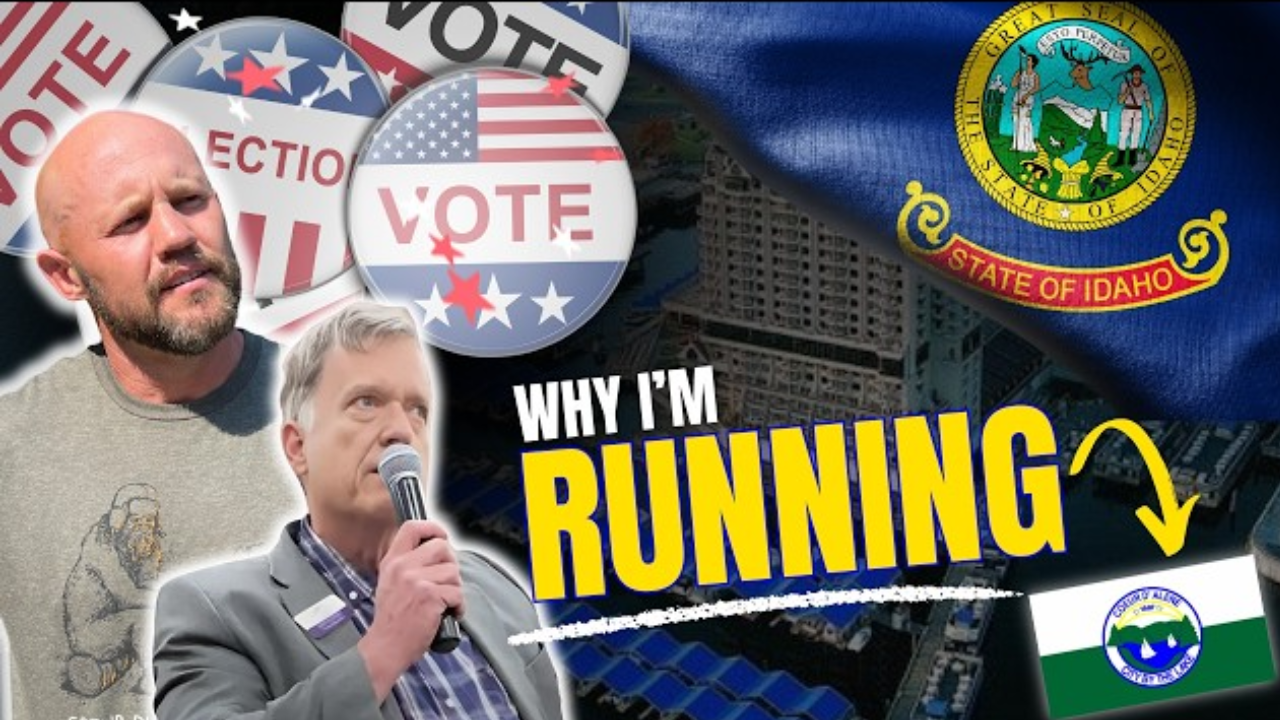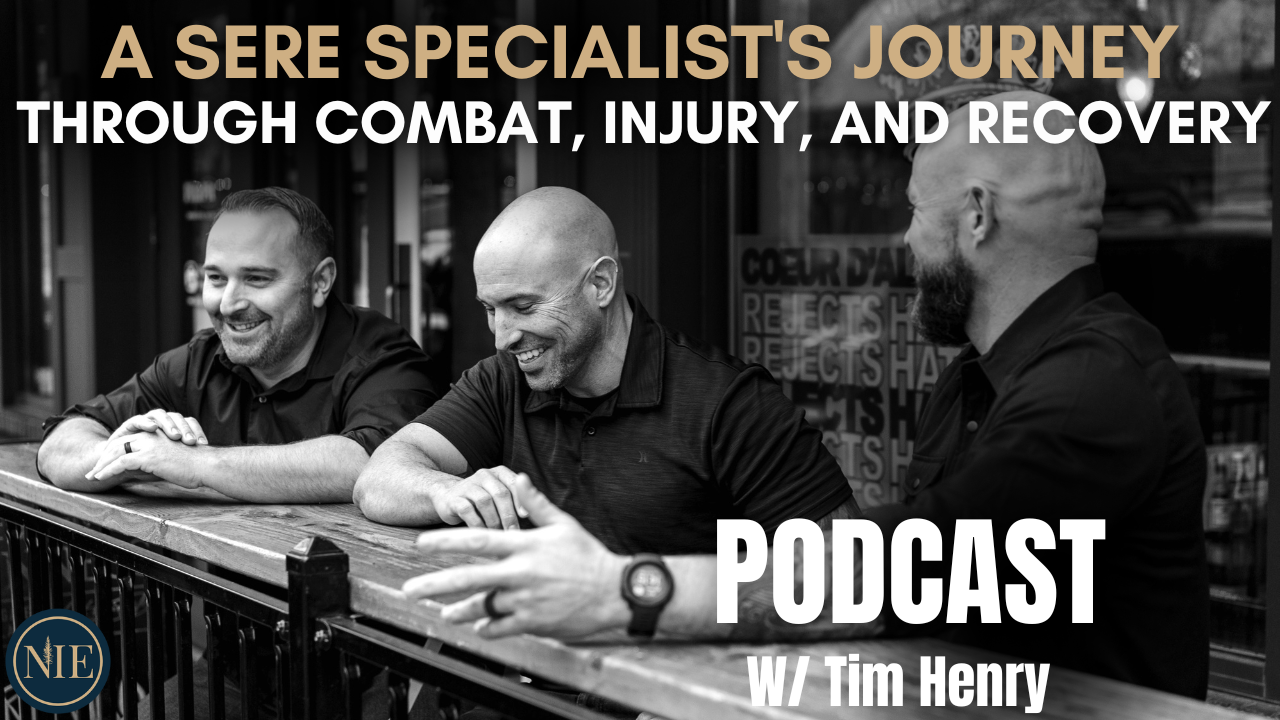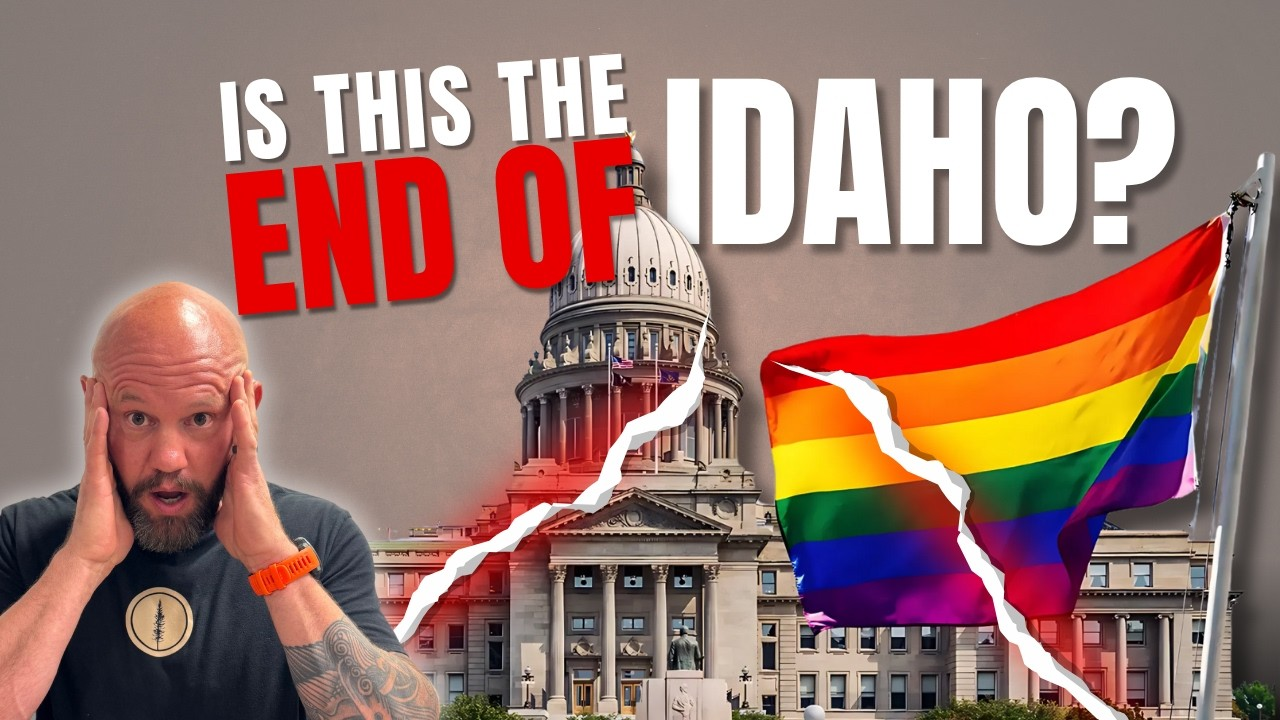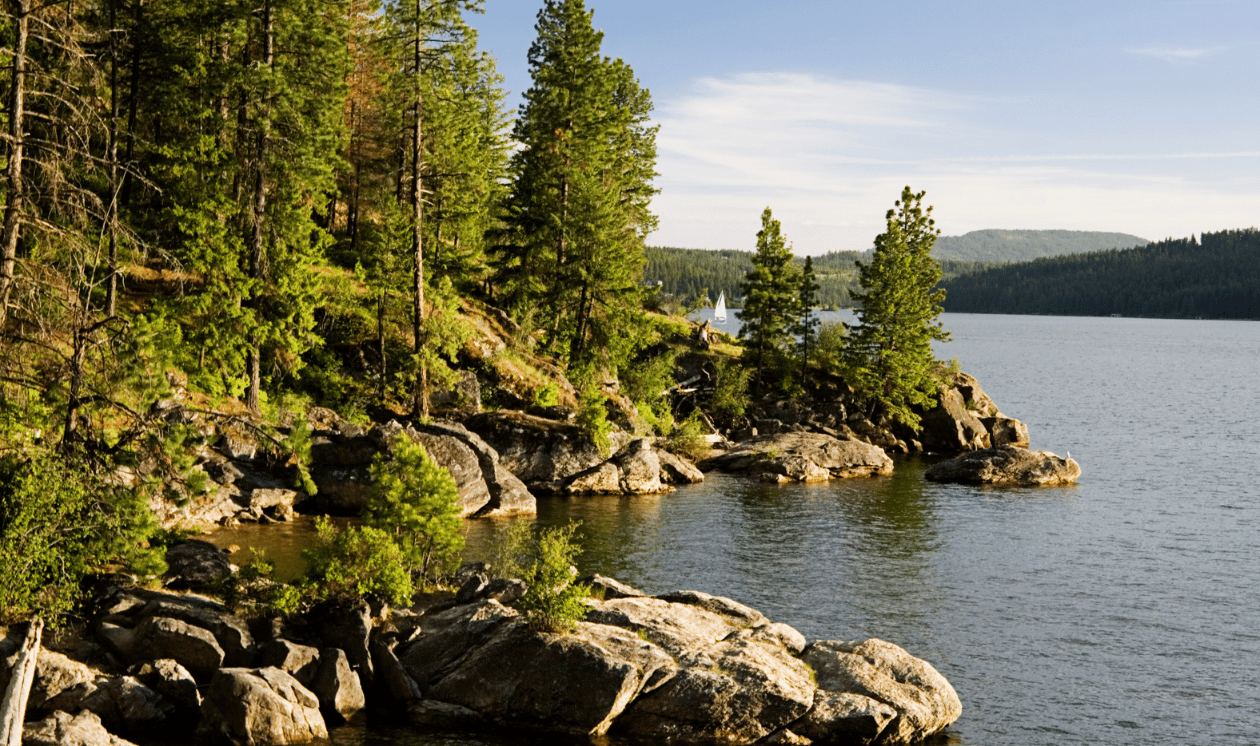Is Coeur d’Alene Still Conservative? Mayor Woody Shares His View
What does it really mean to be a “conservative town” in 2025?
In this episode of the North Idaho Experience podcast, Mayor Woody McEvers offers an unfiltered, down-to-earth look into the heart of Coeur d’Alene—and its politics. From quirky citizen complaints (yes, someone really is putting bagels in a mailbox) to pressing issues like housing affordability, Woody brings both humor and humility to the mic.
If you’re wondering is Coeur d’Alene still conservative?—this conversation is for you.
Meet Mayor Woody McEvers
Mayor Woody McEvers isn’t your typical politician. With over two decades on the city council and a background in the restaurant industry, he sees the role of mayor as one rooted in service, not soundbites. He’s quick to admit he “just kind of fell into the job,” but his focus on community connection and balanced leadership has made him a relatable figure during a time of rapid growth and change.
Woody’s approach to leadership is refreshingly people-first:
“I don’t see all the bad things. When something comes up, I try to fix it. I ask questions. I listen.”
That attitude—practical, solution-oriented, and deeply rooted in community—might just be the antidote to today’s polarizing political climate.
What Does a Mayor Actually Do in Coeur d’Alene?
When asked what being mayor entails, Woody doesn’t shy away from saying he’s still learning. His current term is an interim appointment, following the departure of the previous mayor. Much of his work involves:
- Running council meetings
- Preparing agendas
- Representing the city at public events
- Responding to concerns from citizens (even the unusual ones)
His candid response to those reaching out with complaints? “In a restaurant, if your eggs are burnt, you cook them again. In government, it’s not always that easy.”
Is Coeur d’Alene Still Conservative?
The million-dollar question—is Coeur d’Alene still a conservative city—comes up midway through the conversation. While many perceive the city council as increasingly left-leaning, Woody offers a more nuanced view.
“I don’t think in terms of R’s and D’s,” he says. “I think in terms of people.”
He acknowledges that state-level politics are more overtly partisan, but insists that city-level governance in Coeur d’Alene is still largely about practical problem-solving, not party affiliation.
For those who are relocating to North Idaho because of its traditional values, the takeaway is clear: while the city is growing and evolving, the conservative spirit—one of self-reliance, law and order, and community engagement—remains strong.
How Coeur d’Alene Handled the 2020 Protests
The conversation shifts to Coeur d’Alene’s response to the 2020 Black Lives Matter protests—a hot topic for many locals. Unlike other cities that faced riots and looting, Coeur d’Alene remained peaceful, in part due to the presence of armed citizens downtown, acting as a deterrent.
Woody reflects on the moment not with bravado, but with curiosity. He admits he didn’t understand it at the time but now sees how it may have prevented escalation.
“They were there quietly. Sometimes the most effective presence is the one that goes unseen.”
The message? In Coeur d’Alene, the community shows up, and public safety still holds priority.
Growth, Housing, and Affordability Challenges
Woody doesn’t sugarcoat the challenges that come with CDA’s explosive growth—especially when it comes to housing affordability. With median home prices soaring past $550,000, many local workers are being priced out of the very city they serve.
The mayor and city council are exploring solutions, including medium-income housing initiatives that help working families bridge the affordability gap without relying on government handouts.
“It’s not about giving people stuff. It’s about giving them a path to qualify and stay rooted here.”
If you’re a family looking to make Coeur d’Alene your home and concerned about the housing market, check out our guide to buying a home in conservative communities.
Urban Renewal and the State-Level Struggles
Another big takeaway from the episode? Much of what doesn’t get done in Coeur d’Alene is due to state legislation—especially from lawmakers in southern Idaho who don’t understand the city’s unique needs.
For example, Coeur d’Alene isn’t allowed to implement a resort tax despite being a tourist-driven economy, because of an outdated state law that only allows it in cities with fewer than 10,000 people. CDA has more than 57,000.
“Why can’t we let cities decide for themselves what works?” Woody asks. “It’s not about politics. It’s about practicality.”
Safety, Cleanliness, and Why CDA Still Feels Like Home
One of the reasons people continue moving to Coeur d’Alene is its sense of safety, cleanliness, and charm. Woody credits this to:
- An engaged police department
- Strong relationships with local nonprofits
- A culture of personal accountability and small-town pride
“Clean streets, friendly neighbors, and a sense of peace—you can’t fake that,” he says.
Final Thoughts: What’s Next for CDA?
Looking into the future, Woody keeps it simple:
“I hope it’s better than it is today.”
Whether or not he stays in office, Woody says his goal remains the same: to keep Coeur d’Alene a place where people know their neighbors, trust their leaders, and feel proud to call home.
Listen, Watch, Read
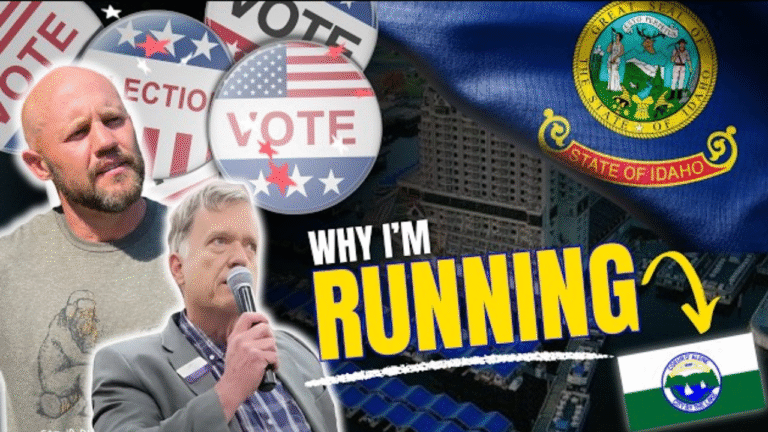
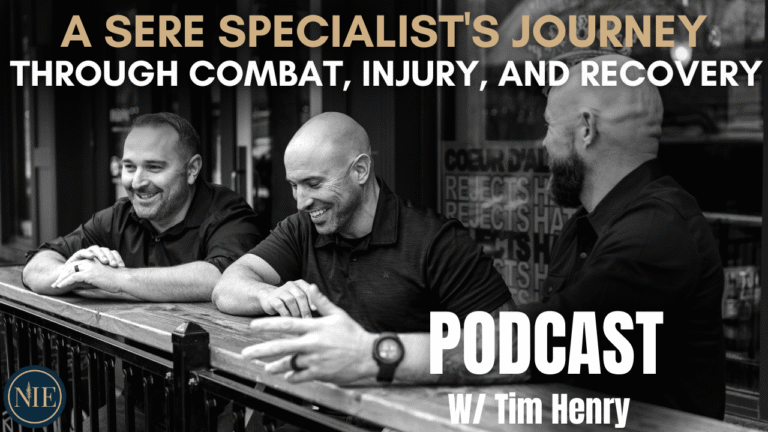
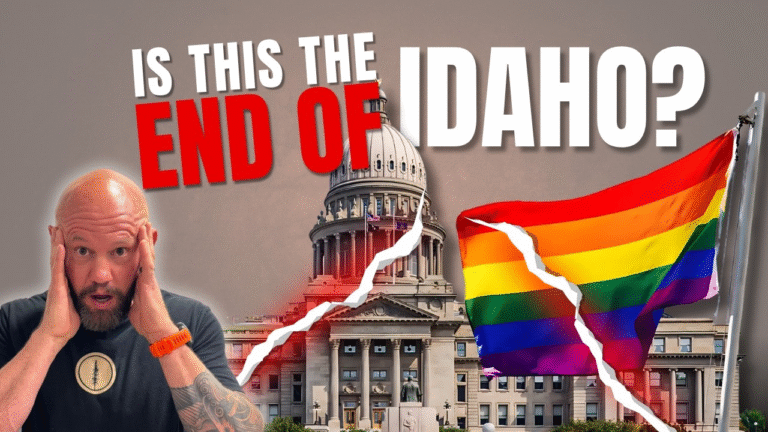
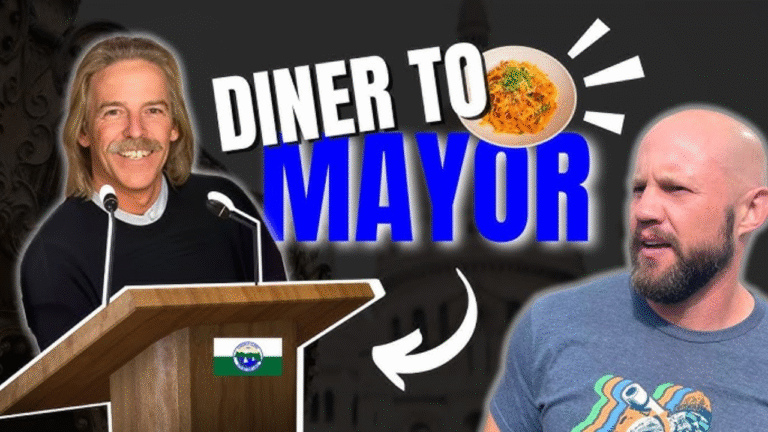
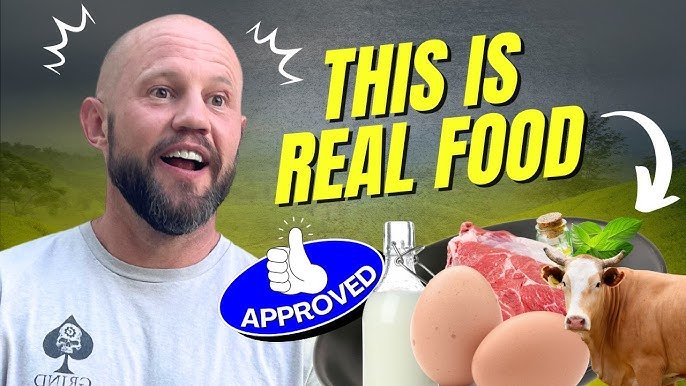

Your Guide to Idaho’s Best-Kept Secrets
Join our email list for exclusive insights, local tips, and the latest listings. Get closer to the Idaho lifestyle you’ve been dreaming of. Sign up today!


